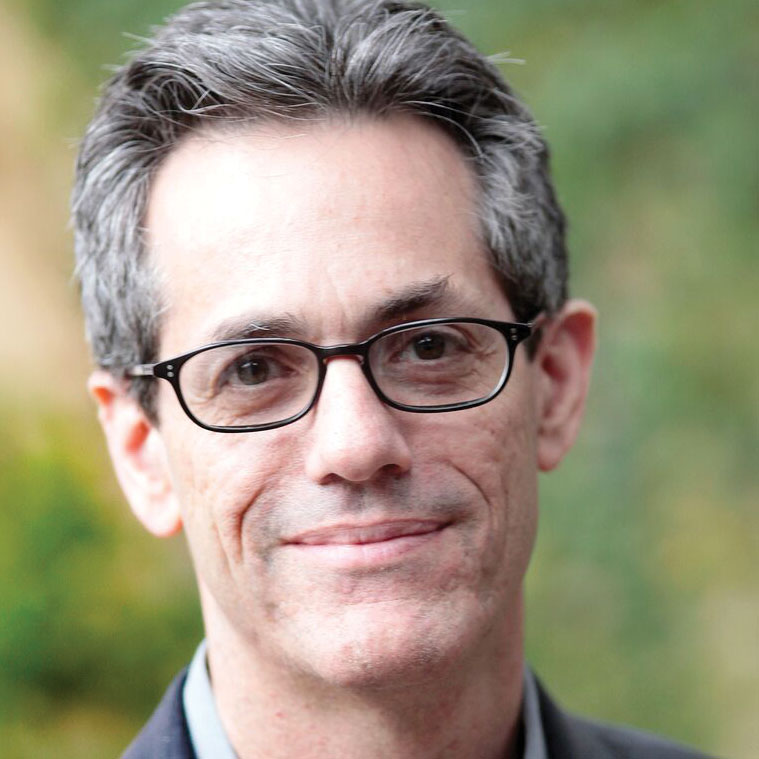Without warning, New York Times columnist Thomas Friedman dropped a bombshell smack into the middle of his opinion piece on Feb. 10. Titled “The Many Mideast Solutions,” Friedman surrendered his decades-long belief in a two-state solution in negotiations between Israelis and Palestinians.
“The peace process,” he wrote, “is dead.” He continued: “It’s over, folks, so please stop sending the New York Times Op-Ed page editor your proposals for a two-state solution between Israelis and Palestinians. The next U.S. president will have to deal with an Israel determined to permanently occupy all the territory between the Jordan River and the Mediterranean Sea.”
Friedman’s erstwhile commitment to the two-state solution was both personal and professional. He is a committed Jew and liberal Zionist who hoped to see Israel flourish as a Jewish and democratic state. He is also a seasoned observer of the Middle East who, in the course of having won three Pulitzer Prizes, did tours of duty as a New York Times reporter in both Beirut and Jerusalem. It was Friedman who proposed to the Arab League in 2002 that it recognize Israel in return for a full return to 1967 borders — only to be surprised when then Saudi prince Abdullah informed him in Riyadh that he had just such a proposal in his desk drawer. Over the years, there have been few more persistent supporters of the two-state idea than Friedman.
Although he has many critics on both the left and right, it is not so easy to dismiss Friedman. He seeks to avoid ideological extremes in the name of common sense. And his common sense tells him the clock has struck midnight on the idea of two states between the Jordan River and the Mediterranean Sea. The combination of unrelenting Israeli settlement on the West Bank and Palestinian intransigence and dissimulation has delivered the death knell to the division of the land. A motley crew of unlikely allies who support a one-state solution will rejoice at Friedman’s call — Israeli right-wingers who believe in a Jewish state from the river to the sea, as well as a mix of far-left Israelis, Palestinian activists and Western proponents of BDS who call for a single, decidedly not-Jewish state.
What are those who do not count themselves among the advocates of a single state to make of Friedman’s declaration? Perhaps he is wrong, and time does remain to realize the two-state vision. But if so, there is very little time until the presence of 600,000 Israeli settlers becomes irreversible.
And if Friedman is right, what are we to do? In the first instance, we may want to scour the dustbin of history for alternative visions, ones that dwell between the poles of one and two states. For example, Jewish, Arab and British leaders during the Mandatory period proposed various kinds of confederations. David Ben-Gurion advanced in the 1930s the idea of a confederation of a Jewish state with a larger regional Arab state. Others, such as Mandate-era Palestinian official Musa Alami and, more recently, Jerusalem Deputy Mayor Meron Benvenisti called for a division of the land in demographically concentrated cantons. And in 2014, a group of academics and diplomats proposed a scenario in “One Land, Two States: Israel and Palestine at Parallel States” (edited by Mark LeVine and Mathias Mossberg, Berkeley: University of California Press) in which a Jewish and Palestinian state held joint ownership over the land between the river and the sea.
Even as we set about thinking of future alternatives — for we no longer have the luxury of avoiding doing so — we should also remember that there is much work to be done in the present. Rather than lapse into despair, it is necessary to recall that the fight for justice and equality continues every day. This struggle is different from the efforts of politicians and diplomats to achieve an overarching, top-down solution. Rather, it is a bottom-up, grass-roots, people-to-people campaign to assure dignity to all who live in Israel and Palestine. The good news is that there is a remarkably vibrant culture of nongovernmental organizations (NGOs) in Israel that engage in precisely this kind of campaign. The bad news is that there are high-ranking government officials and Knesset members who are doing all within their power to silence and shut down these NGOs, especially the New Israel Fund, the remarkable organization that supports a wide range of important social justice causes that has become the chief target of vilification (and with which, in the name of full disclosure, I am affiliated). It is not enough to acknowledge these NGOs as symbols of the morality of Israeli society. One must actively and constantly support them.
Whatever the ultimate political disposition of this land will be, we are not free to desist from working toward a more equitable, harmonious and just society for all, one in which the marginal and disenfranchised — Arabs, Mizrahim, women, Ethiopians and immigrants, among others — find their rightful place as equal partners. This is not work for the messianic era, but rather for the here and now.
David N. Myers is the Sady and Ludwig Kahn Professor of Jewish History at UCLA. He is also a member of the board of directors of the New Israel Fund.























 More news and opinions than at a Shabbat dinner, right in your inbox.
More news and opinions than at a Shabbat dinner, right in your inbox.